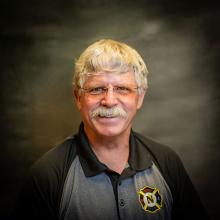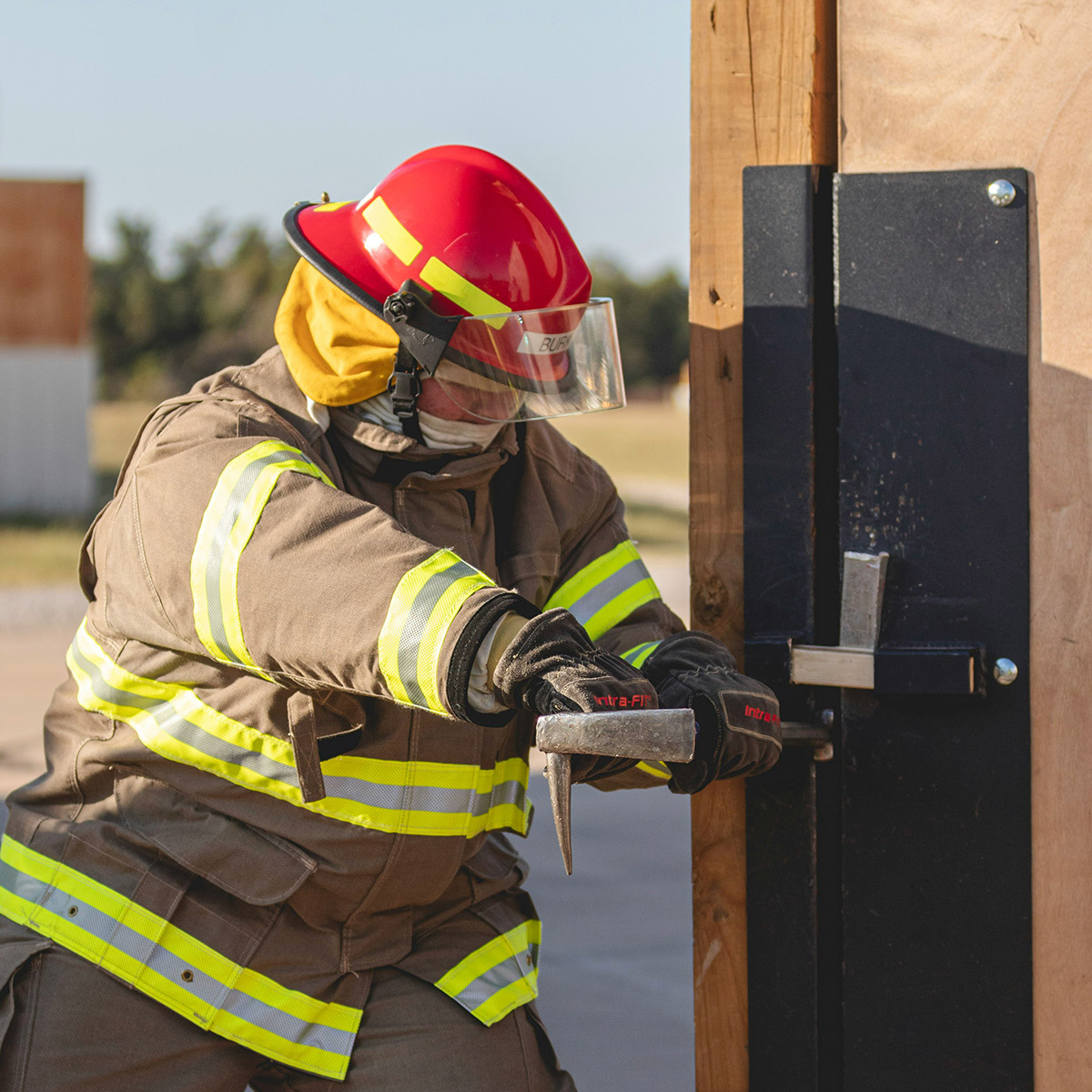Faculty

Staff


Sign up for Fall 2026 Registration Day Registration Day | Northeastern Junior College
First Responders careers require courage, endurance, integrity, and the ability to make good and quick decisions.
This firefighter training program will prepare students who have little or no knowledge of firefighting for entry level positions in the fire service industry.
It is our desire to graduate students with the following certifications: Firefighter I, Hazardous Materials Awareness/Operations Level, Wildland Fire Fighter (Red Card) and Emergency Medical Technician (EMT).
If you're looking to start a new career in the fire service, Northeastern's Fire Science Degree is a great place to start. In just one year, you can successfully complete the firefighter I certificate that will prepare you with the fundamental job skills and live fire training you need to be an effective firefighter. But if you're wanting to pursue a deeper knowledge of fire control, then the full two-year degree may be more your speed.
During your time at Northeastern, you'll learn everything from basic training to fire behavior. You'll master entry techniques, fire attacks, search and rescue, and ventilation.
We also focus on the smaller, but significant, details like donning and doffing Personal Protective Equipment (PPE), knot tying, ladder setup, radio communications, and equipment maintenance.
You'll graduate from this program fully equipped to respond to the needs of any fire emergency situation a fire department may face.

Our fire science program also provides wildland firefighting training. You'll learn the proper techniques for controlling, suppressing and extinguishing wildland fires.
The hands-on rigorous training you'll gain in this program will empower you to effectively respond to wildland fires and become a leader in fire safety.
Northeastern Junior College offers a comprehensive fire science degree program that can be completed in two years. Our residential campus provides housing opportunities, as well as financial aid for those needing assistance.
We offer a hands-on learning environment with entry techniques, fire attacks, search and rescue, ventilation, and detailed instruction on donning and doffing PPE, knot tying, ladder setup, radio communications and equipment maintenance.

Upon successful completion of the firefighter training program, you will be eligible to apply for positions at the fire department. Although the hiring process varies from department to department, there are some elements of the hiring process that most fire departments rely upon.
The written exam is an important step in the hiring process and is generally used to determine ranking amongst many candidates.
Physical ability is one of the basic requirements for firefighters. You will need to perform a variety of tasks to demonstrate that you have the physical fitness to perform the tasks needed for the important public safety career. Some popular tests are the BIDDLE test and the CPAT.
After completing a successful background investigation, you may have scored high enough in the preceding steps to be invited for an interview. Interviews may entail a panel of firefighters, a one on one interview with the Mayor, Chief and sometimes Deputy chief. It is important that recruits are a good fit for employment success.
The most important entry requirement is college level reading. Other course requirements may include background check, proof of immunizations and drug screen.
THC (marijuana) is part of the required 10-panel drug screen prior to admittance into any Health Professions or Public Safety program. The passage of Amendment 64 in the State of Colorado, does not overrule Federal law, which states this is still an illegal substance. Students testing positive for THC (marijuana) will not be allowed entrance or re-entrance into a Health or Public Safety programs.
According to the Bureau of Labor Statistics, employment of firefighters is projected to grow 4 percent from 2022 to 2032, about as fast as the average for all occupations.
About 26,400 openings for firefighters are projected each year, on average, over the decade. Many of those openings are expected to result from the need to replace workers who transfer to different occupations or exit the labor force, such as to retire.
Although improved building materials and building codes have resulted in a long-term decrease in fires and fire fatalities, firefighters will still be needed to respond to fires. Wildland firefighters will still be needed to combat active fires and manage the environment to reduce the impact of fires. Firefighters will also continue to respond to medical emergencies.
Firefighter, Apparatus Operator, Fire Captain, Fire Chief, Fire Engineer, Fire Equipment Operator, Fire Safety Officer, Volunteer Firefighter.
The U.S. Bureau of Labor Statistics lists the median annual wage for firefighters was $51,680 in May 2022. The median wage is the wage at which half the workers in an occupation earned more than that amount and half earned less. The lowest 10 percent earned less than $29,150, and the highest 10 percent earned more than $84,750.
In May 2022, the median annual wages for firefighters in the top industries in which they worked were as follows:
| Federal government, excluding postal service | $56,660 |
| Local government, excluding education and hospitals | $55,700 |
| State government, excluding education and hospitals | $50,880 |
Firefighters typically work long periods; overtime is common, and their hours vary. For example, firefighters may work 24-hour shifts on duty, followed by 48 or 72 hours off duty.
When combating forest and wildland fires, firefighters may work for extended periods. For example, wildland firefighters may have to stay for days or weeks when a wildland fire breaks out.


